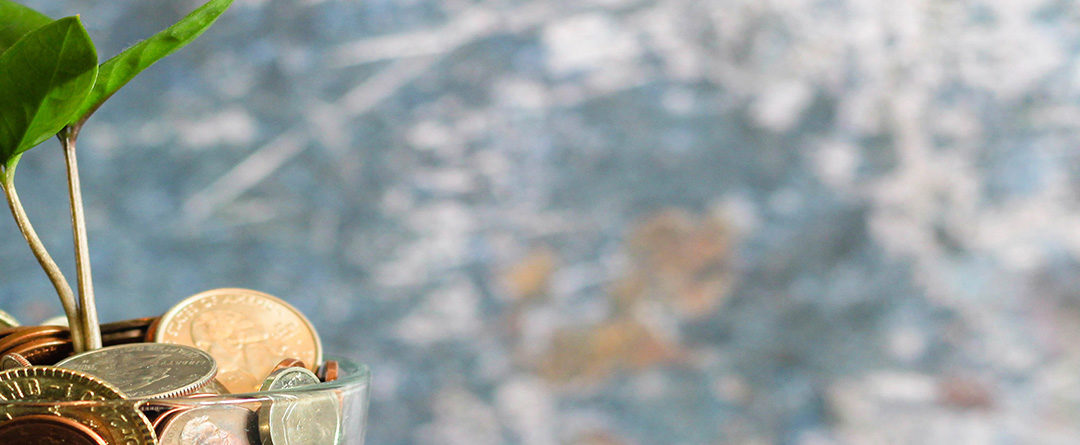by LeeAnn Pomrenke
Much of the “Creation care” teaching I have experienced (or led) up until this point has focused on loving the Earth and all that is in it because God made it.
Creation is a gift, and we are to be stewards of it. That is most certainly true. While that angle does rely on owning our responsibility, it is pretty much a positive message. Lately, I have found much more motivation and momentum in getting angry at the injustice of the degradation of the natural world.
Free will and intentional choices
Free will is a core part of the biblical origin story, but what if humanity’s freedom to make our own choices is not an unqualified good?
Individualism has become its own idol to those who live in westernized cultures. We can only make decisions that are good for more than ourselves when we can see clearly how our choices impact others, both people and the natural world. We need to know who is picking or making the products we consume and under what conditions. Ignorance is not bliss. We need to care about how much carbon is emitted to bring those products to our doorsteps. We must see clearly so that our choices can be intentional. Hiding the supply chain is a way to duck accountability.
“For now we see in a mirror, dimly, but then we will see face to face. Now I know only in part; then I will know fully, even as I have been fully known” (1 Corinthians 13:12). That’s the end of the “love is…” passage we hear at many weddings, but it is not just about our closest relationships. Squinting to see clearly who and what is impacted by our choices is the work of loving all of God’s creation, so we can choose to help and not harm them. Only then will the exercise of our free will also be loving towards our neighbor and all creatures.
Considering capitalism faithfully
Along with American individualism comes capitalism, the economic system which most certainly becomes entwined with our faith, whether we want it to or not. Capitalism is about supply and demand transactions. Does the “transaction” mentality creep into our relationships as well? Churches are voluntary organizations, so they sometimes fall into the mindset of “give the people what they want” to keep their folks involved.
 But to be clear, God’s grace means that we can never earn or even deserve the unconditional love God has for us – and all of creation. If we are the Body of Christ, we ought to extend grace to others all the time. We cannot only care about others when there is a reward in it for us. If grace is at the core of our faith, then love without payoff must be too. And being uncomfortable with ourselves or even needing to sacrifice for others will inevitably be part of protecting those who cannot compensate us for our help.
But to be clear, God’s grace means that we can never earn or even deserve the unconditional love God has for us – and all of creation. If we are the Body of Christ, we ought to extend grace to others all the time. We cannot only care about others when there is a reward in it for us. If grace is at the core of our faith, then love without payoff must be too. And being uncomfortable with ourselves or even needing to sacrifice for others will inevitably be part of protecting those who cannot compensate us for our help.
Not only can a Christian love the Earth because it is God’s, but we can certainly hate greed, the fuel for capitalism. Greed is the antithesis of grace, God’s unconditional love. Greed destroys the Earth and how human beings relate to each other, turning each other into commodities. Grabbing hold of what we can at the expense of others is not a Christian value; it destroys our mission of spreading God’s grace throughout the world. My drive to love God’s created world runs alongside my resistance to greed.
Resurrection
While free will and grace are key parts of our faith and interaction with creation, resurrection hope overshadows it. Resurrection – new life out of death – is built into the natural world—the interdependent life cycles of plants and animals living together in ecosystems mirror resurrection.
When humanity has intervened, for example, decimating a keystone species, all the interconnected pieces are in jeopardy. Yet, when such a species returns, new life breaks forth over the entire habitat. Check out the book or documentary “Serengeti Rules” for stunning evidence of this phenomenon.
Resurrection and the abundant life Christ intends to give all beloved children of God (John 10:10) are not just for human use until exhausted. They are gifts of love for rocks and trees, animals and plants; in fact, the entire creation God also loves. What would it be like to recognize Christ’s resurrection at work all around us, in addition to “for” us?
Discussion questions:
1. Can I realistically recognize how “sustainable” certain purchases or choices are for the Earth?
2. What are some concrete steps I can take to see more clearly the impact of the goods or services I consume?
3. How do I readjust when it seems like a relationship has become transactional? How can my faith and understanding of grace guide me in that?
4. What would resurrection look like for a species, group of people or place you care about deeply that is facing environmental degradation? How can people play a role in bringing that resurrection to life?
Closing prayer:
God of grace, show us how to love the natural world unconditionally, as you love us. Strengthen our resolve against greed and willful ignorance so that we may see clearly and act responsibly. We pray for new life and resurrection, not only for ourselves but all of your creation. Amen.

